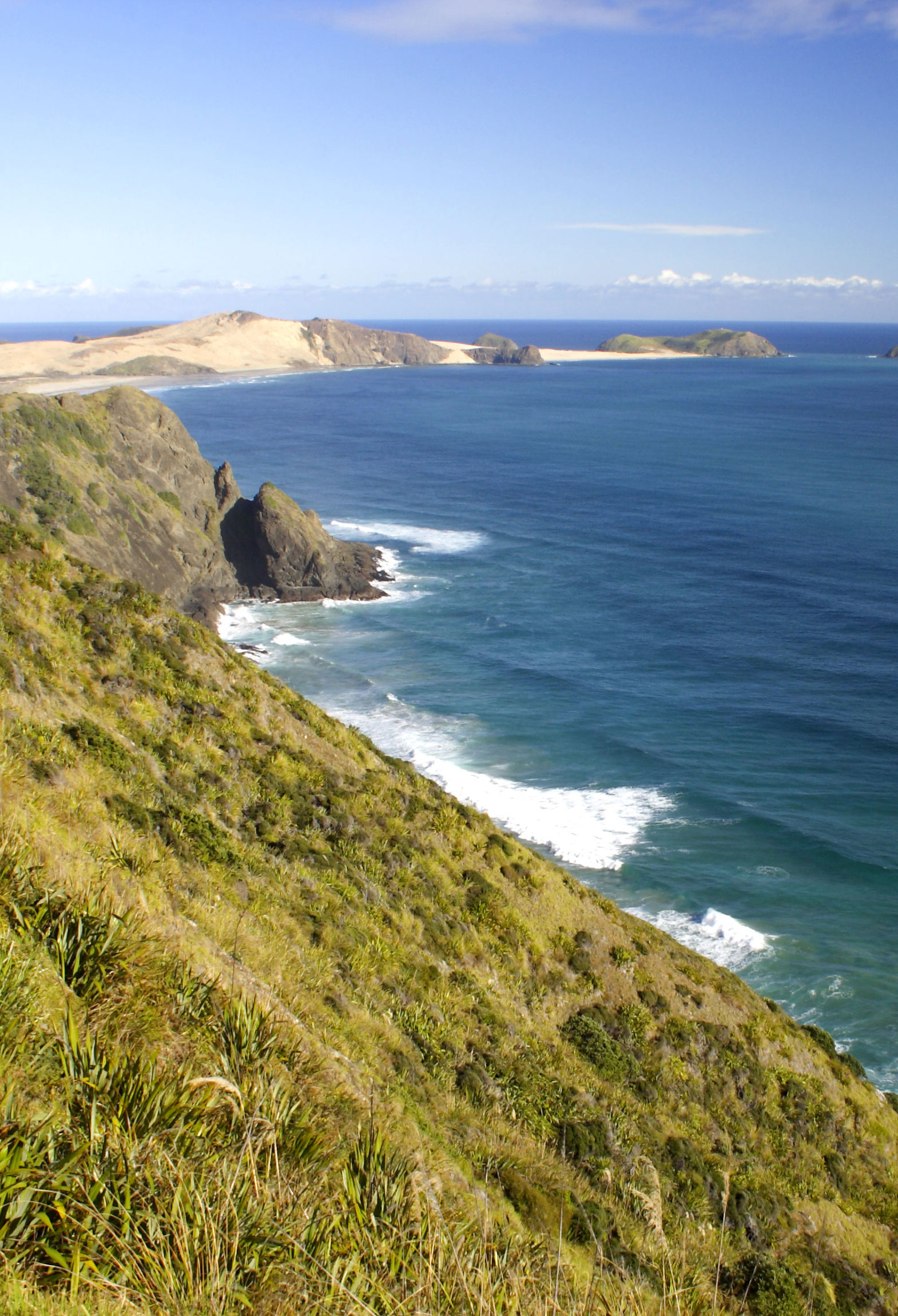Like long walks on the beach? While the phrase may have become cliché, strolls along the shore are popular for a reason. According to NASA, there are approximately 372,000 miles of coastline on the planet, and more than one-third of the population live within 60 miles of an ocean. Those in a hurry might want to walk Playa de Gulpiyuri in Spain — the tiny tidal beach is a mere 131 feet long, making it the shortest beach in the world. But if you have a little more time to spare, here are five of the longest stretches of sand in the world.
Padre Island – Texas
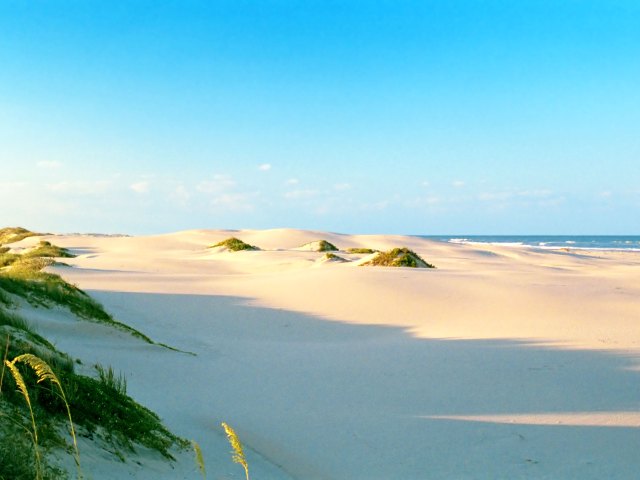
Located along a narrow barrier island separating the super-salty Laguna Madre from the Gulf of Mexico, the Padre Island National Seashore protects 66 miles of Texas shoreline. The entire island stretches for 113 miles, making it the longest barrier island in the world. Here, the unique ecosystem provides a crucial nesting ground for sea turtles, and hatchlings scramble across the beach to begin their lives in the water each summer. The island is also an important stop for migrating seabirds, with sandhill cranes, snow geese, redhead ducks, and other birds flying down from northern nests to spend the winter months here. A popular vacation spot for Texans, Padre Island has abundant recreational opportunities, including sport fishing, kayaking, windsurfing, and scuba diving.
Cox’s Bazar Beach – Bangladesh
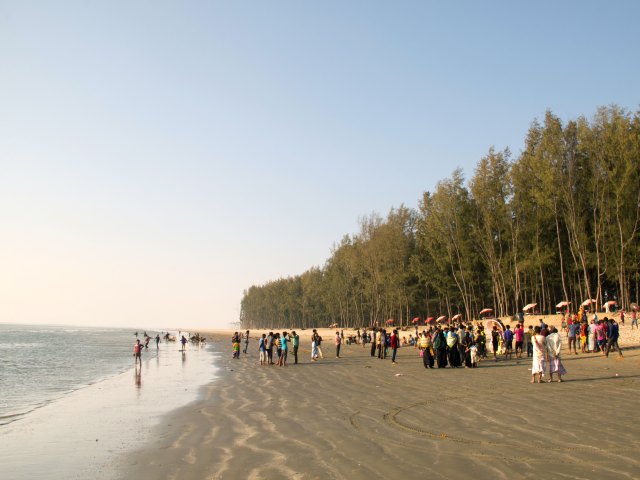
In southeastern Bangladesh, near the border with Myanmar, Cox’s Bazar is the home of an important Buddhist monastery (Aggmeda Khyang) as well as a 75-mile stretch of sand along the Bay of Bengal that forms one of the world’s longest beaches. The top tourist destination in one of the largest Muslim nations in the world, the beach can be crowded with holidaymakers, despite its length. Many seafood restaurants line parts of the beach, and horseback riding, surfing, and sampan boat rides are popular activities.
Ninety Mile Beach – Australia
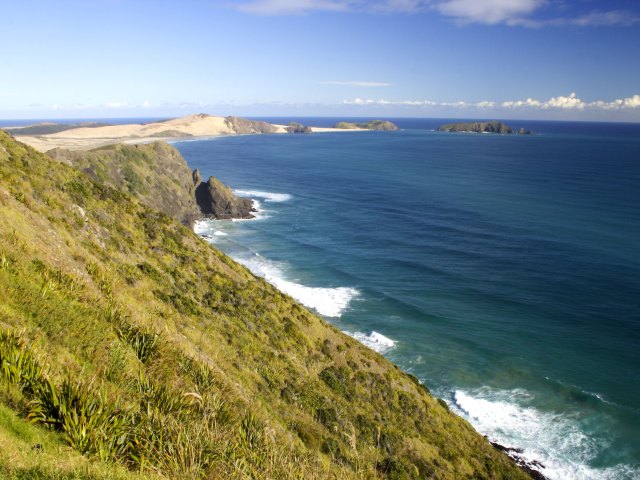
Ninety Mile Beach, located about 160 miles from Melbourne in Victoria, actually measures about 94 miles in length, and is bordered by the Ninety Mile Beach Marine National Park. Lying on the edge of a long slender sand dune that protects the Gippsland Lakes, the sands are home to 860 animal species, including crabs, octopuses, brittle stars, and shrimp. Another Ninety Mile Beach in Western Australia is now known as Eighty Mile Beach, and New Zealand’s Ninety Mile Beach actually measures about 55 miles in length.
The Coorong – Australia

Stretching from Cape Jaffa to the Murray Mouth, the Coorong — measuring in at 121 miles — is Australia’s longest continuous beach. About a two-hour drive from Adelaide in Southern Australia, the waters lapping the ancient dunes of the Coorong range from placid along Lacepede Bay to thrilling surf breaks near Murray Mouth. Birds from as far away as Siberia, China, and Japan are among the more than 230 species that have been spotted on the beach and lagoon which has formed behind the dunes. One of the country’s most beloved children’s books, Storm Boy, is set in the Coorong and was made into a popular film in 2019.
Praia do Cassino – Brazil
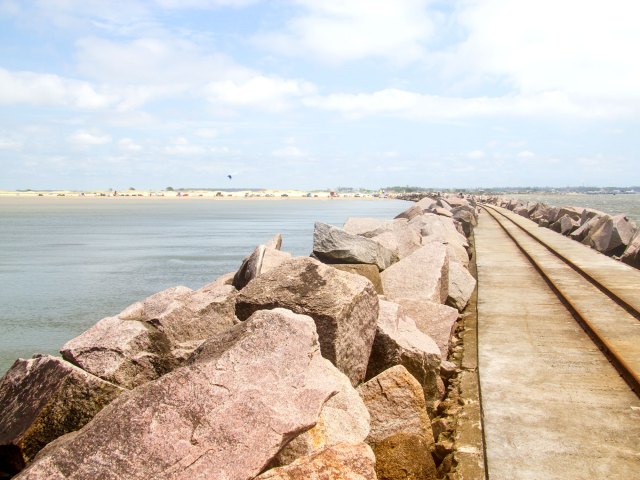
At 158 miles, Brazil’s Praia do Cassino is undisputedly (for now) the longest beach in the world. Stretching all the way from the seaport of Rio Grande by the city of Pelotas to the border of Uruguay, the golden sands draw revelers from around the globe who come to splash, sun, surf, and stroll to the lighthouse located at the end of the beach’s West Jetty. Praia do Cassino is also home to a large population of seals, and is the site of the Cassino Ultra Race, one of the world’s largest beach marathons.
More from our network
Daily Passport is part of Inbox Studio, an email-first media company. *Indicates a third-party property.






